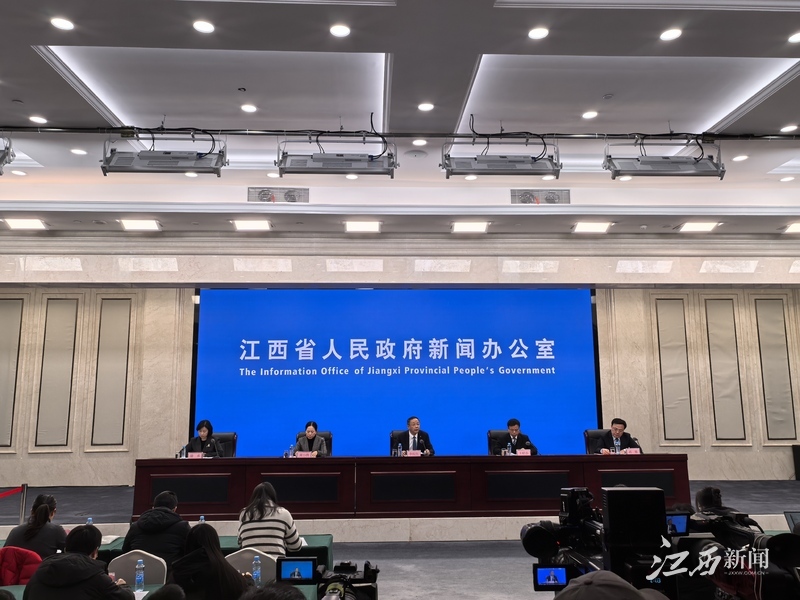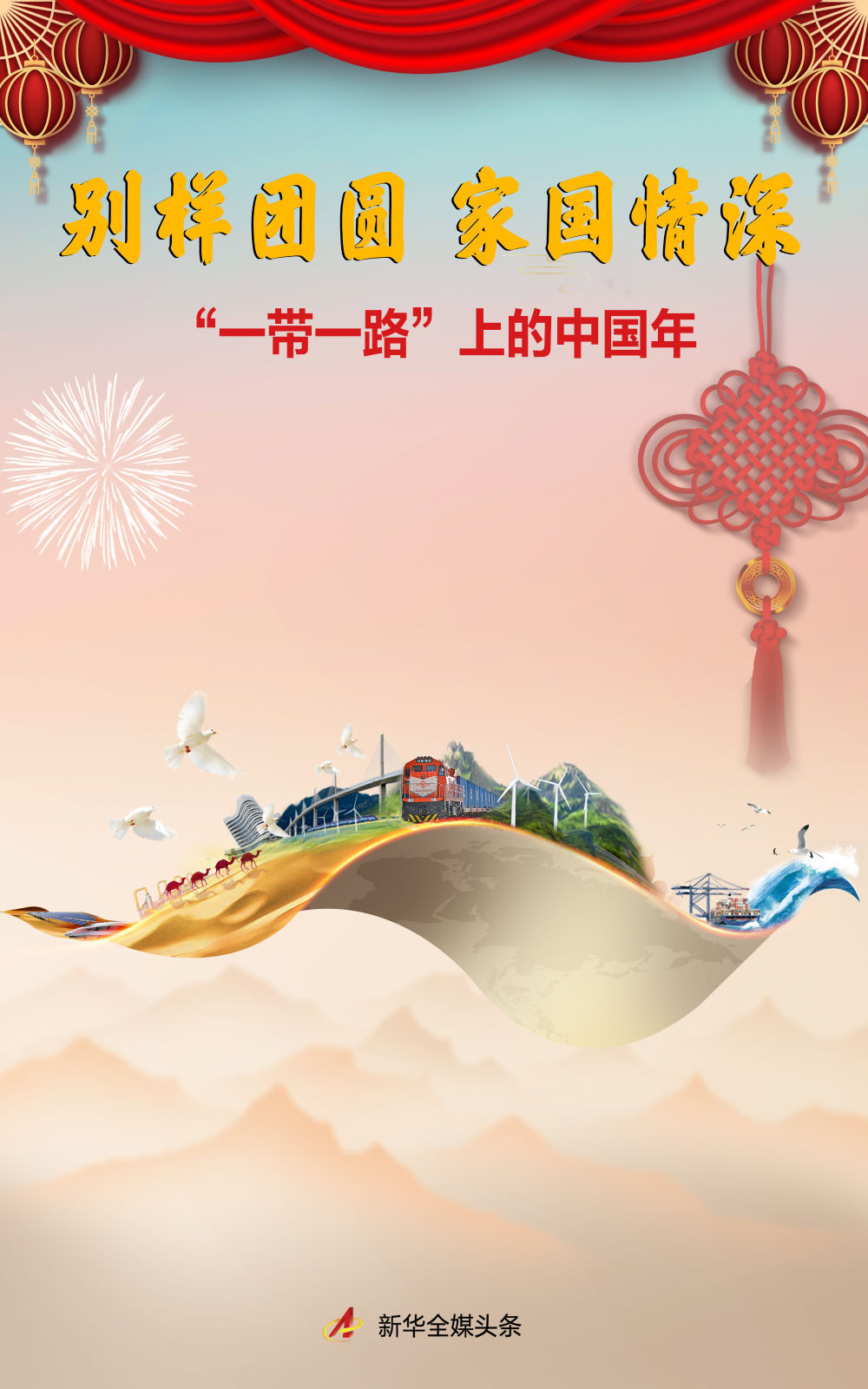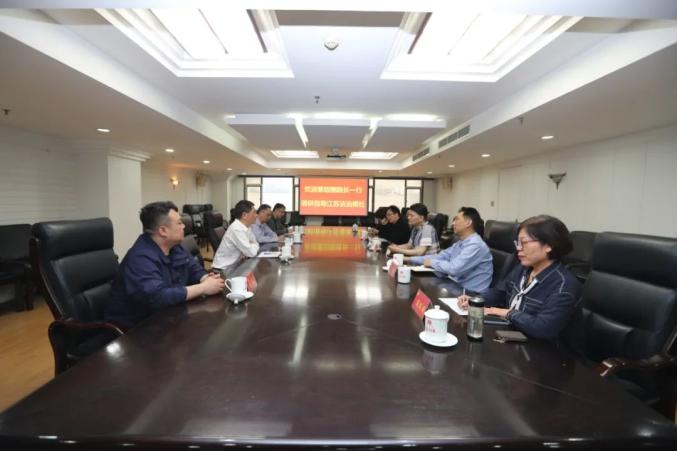The International Breakthrough History Of Chinese Actresses
The International Breakthrough History Of Chinese Actresses
Being seen in the name of "people"
The night sky of Venice Water City once again highlights the Chinese film.
In the early morning of September 7, Chinese actor Xin Zhilei won the Best Actress at the 82nd Venice International Film Festival with her delicate and intense performance in the movie "The Sun is Winning in the Sky", becoming the third Chinese actress to win this honor after Gong Li and Deanie Ip. She is not only "the first domestic film queen of the three major international film festivals born in the 1985s", but also re-polishes the presence of Chinese actresses in the international film industry with this achievement.
Source: Official WeChat of "The Sun Blooms in the Sky"
However, this road to glory has never been just a personal struggle story. From the shackles of Eastern lust that Huang Liushuang was forced to wear when she was alone in Hollywood in the last century, to Chen Chong and Gong Li knocking on the Western door with the help of artistic films but still unable to escape the fate of "exotic vases"; from Michelle Yeoh's image of "beating women" with both hard and softness, to Zhang Ziyi and Li Bingbing relying on the Chinese market to join the "special blockbusters" but still wandering around the edge - over the past century, generations of Chinese actresses have been trying to break the ceiling and truly integrate into the narrative of world movies, but they have always been accompanied by the struggle of being symbolized, instrumented, and others.
01.
Going alone
When talking about the international breakthrough history of Chinese actresses, we have to mention Huang Liushuang, more than 100 years ago, the first Hollywood Chinese actress to gain international reputation.
Born in Chinatown in the early 20th century, Huang Liushuang is the third generation of Chinese immigrants. From entering Hollywood in 1919 to her death in 1961, she has participated in more than 60 films. Like Bruce Lee and Jackie Chan, she has a place on the Hollywood Walk of Fame and was engraved on a 25-cent coin.
However, behind this glory is humiliation and tear that ordinary people can't imagine. The "Chinese Exclusion Act" promulgated in 1882 clearly recognized the racial discrimination against Chinese in American society. In the consciousness of Americans at that time, Chinese people were backward, ignorant, and cunning. Chinese women were synonymous with mystery, sexy and dangerous. This external atmosphere with a strong sense of oppression ran through Huang Liushuang's growth stage and even her entire acting career.
At the age of 14, Huang Liushuang appeared in the movie "Red Lantern". Even though she only played a nameless British mistress, she still terrified the audience and critics at that time, and even reported "Yellow Peril! China invades the screen as the title. At the age of 19, Huang Liushuang played a Mongolian female slave in "The Thieves of Baghdad". The film's big sale made Huang Liushuang famous, but at the same time she almost limited her acting career to death.
Source: Screenshot of the American drama "Death" played by Huang Liushuang
Since then, most of the characters given by Hollywood to Huang Liushuang are prostitutes, slaves or mistresses of white men. They are sexy in their clothes, and they often perform abuse and bullied in the film, and end up with suicide or being rescued by white men. To a certain extent, Huang Liushuang is passive, and these roles are to cater to the concept of racial discrimination in Western society.
What Huang Liushuang is unable to get rid of is not only the racial discrimination in the United States, but also the despise of her by the Chinese. Overseas Chinese in New York collectively protested her "insulting China video" and domestic public opinion even scolded her for "selling her soul", interpreting China as weak and flattering, which damages the country's image.
Starting from her, Hollywood set up a performance template for Chinese actresses, either a helpless beauty waiting to be saved or a dark and depraved deadly witch. In short, exerting erotic temptation on the basis of "exoticism" is the pass to enter Hollywood.
After Huang Liushuang, Lu Yan took over the baton. This native Chinese could only play an unknown supporting role in various film and television dramas at first. Until 1960, Lu Yan finally had the opportunity to star in the anti-Japanese war black-and-white film "Mountain Road", but American audiences did not buy it, and the film's box office was bleak.
Source: Screenshot of the video "Mountain Road" clip
In 1961, Marlon Brando personally invited Lu Yan to participate in his own directing and acting "One-Eyed Dragon" because of his appreciation of Lu Yan's "natural and simple" performance. But during the post-recording, her scenes were deleted again and again - after the 120-minute movie was released, she only had two shots left; when the 50-minute TV version was broadcast, her figure completely disappeared.
As Lu Yan later recalled: "In Hollywood, directors often asked me to perform in the same program they understood - lower my eyebrows and shyness, completely ignoring whether it fits the truth."
With the rise of "going abroad" in the late 1970s, another group of Chinese actresses embarked on the international road, and Chen Chong was the most representative of them. What she faces is still the unchanged system.
Before going abroad, Chen Chong had won the Hundred Flowers Award for Best Actress for "Little Flowers" and became famous. During her further study in the United States, she was discovered by an Italian producer. It seemed to be smooth, but it was not easy. Few people know that Chen Chong's first role in Hollywood was playing a prostitute corpse lying on the edge of a gutter in a B-level film. The first film she starred in, "The Grand Clan", tells the story of Meimei, who she played in 1870, to win the grand Clan's favor in the historical context of British businessmen coming to China to engage in business and occupy Hong Kong. There are many erotic and exposed scenes in the film, and the role is also negative. This image makes her "death-star" who is regarded as "self-degenerate" in China, and her reputation once fell to the bottom.
The turning point occurred in 1987. Chen Chong successfully portrayed Wanrong's role in "The Last Emperor" directed by Bernardo Betorucci, and appeared at the Oscars with the film. She became the first Chinese actress to stand on this stage. The film swept nine Oscars, and Chen Chong became the best filmmaker in film festivals in many countries such as Australia, Israel, Yugoslavia, and his international career ushered in a turning point.
Source: Screenshot of the film "The Last Emperor"
But a fact that is easy to be overlooked is that after "The Last Emperor", although she has more opportunities, she still cannot escape the fate of "exotic vase". Most characters are still empty and symbolic, serving the Western imagination of the East.
"The exotic element that Hollywood can tolerate is what it imagines. If your stuff goes beyond this category, it cannot be accepted. Hollywood has its own frame, you have to fit that frame." Chen Chong once concluded: "When I was watching TV (at that time), I had never seen a truly meaningful Chinese character in the cinema. There might be an oriental butler, an oriental employer, or a person in a laundry shop. They are all very, very small, meaningless characters."
02.
Famous directors help
If the internationalization of the two generations of Huang Liushuang and Chen Chong was a one-on-one adventure and struggled to survive in systemic prejudice, then in the 1990s, with the strong rise of fifth-generation directors such as Zhang Yimou and Chen Kaige in the international film industry, the international breakthrough of Chinese actresses ushered in a new path - by starring in the local films directed by these directors, they were first attracted by the Western world, and thus absorbed into Hollywood. Typical actresses who take this route include "Mou Girl" Gong Li, Zhang Ziyi, etc.
In 1987, "Red Sorghum" directed by Zhang Yimou won the Golden Bear Award at the Berlin International Film Festival, becoming the first Chinese-language film to win the highest award in the three major film festivals. Gong Li, who played the heroine "Jiuer" in the film, became famous and officially entered the international vision.
Since then, Gong Li has starred in works such as "Ju Dou", "The Big Red Lantern Hanging", "Qiu Ju Fighting", and "Farewell My Concubine" directed by Zhang Yimou, and has been nominated and awarded by the three major international film festivals. In 1992, she became the first Chinese actress to win the Venetian actress with "Qiu Ju's lawsuit".
Source: Screenshot of the video "Big Red Lantern Hanging High" clip
Although the local works of the fifth generation of directors in this period frequently won the highest awards of the three major European film festivals, making Chinese-language films begin to be seen by the world, Hollywood's attitude towards Chinese actresses is still relatively divided: on the one hand, their artistic achievements are recognized; on the other hand, stereotypes are still deeply rooted and difficult to truly integrate into mainstream narratives.
After entering Hollywood films, Gong Li plays irrelevant supporting roles unlike her "sen" and even plays a key role in some works. But it is inevitable that when this renowned "Gong Huang" enters the international stage, he also needs to give up his true self like a geisha actor and join a more mainstream narrative system.
For example, she played the role of the sexy female drug dealer "Isabella" in the American action movie "Miami Storm" directed by Michael Mann. In the thriller crime movie "Young Hannibal" directed by Peter Weber, he plays the mysterious Japanese woman "Mrs. Purple". In the spy war movie "Spy Sea" directed by Mikel Havstrom, he plays the wife of the gang leader "Anna", etc. Although these characters are important in their role, they still have not escaped the stereotype of mysterious and sexy oriental women.
Of course, there are also breakthroughs. At the same time, Michelle Yeoh, born in Malaysia and first honed her solid action skills in the Hong Kong film industry, opened up a new image of a Chinese actress in Hollywood - "Kung Fu Girl".
Before her, Bruce Lee, Jackie Chan and others had sowed the seeds of Chinese Kung Fu to Hollywood, but the action field has been dominated by men for a long time. In 1997, Michelle Yeoh played the role of Chinese female agent Lin Hui in "007: Empire of Tomorrow", and made her Hollywood debut with her sharp skills, becoming the first Chinese woman to appear in the "Bon Girl" sequence. She is no longer a weak woman waiting to be saved, but a combat partner who can fight side by side with 007. This image breaks the double barriers between gender and type.
The movie "007: Empire of Tomorrow" was a hit, and Hollywood invitations came one after another, but Michelle Yeoh did not usher in the expected opportunity. "After filming 007, I was not filming until I starred in "Crouching Tiger, Hidden Dragon" two years later. Because I can't agree with the stereotypes in the industry." Michelle Yeoh once said: "We were portrayed as a vase of the Ming Dynasty, fragile and fragile, placed in the background as decoration... Otherwise, we would be a woman who is in trouble with beauty, such as a prostitute in Chinatown, like Su Sihuang..."
In 2000, "Crouching Tiger, Hidden Dragon" directed by Ang Lee was a great success and won four awards including the Best Foreign Language Film at the 73rd Academy Awards. Michelle Yeoh plays the heroine "Yu Xiulian" in the film. She has both the heroic spirit of a heroic woman in the martial arts world and the forbearance of emotions. She perfectly integrates kung fu and acting skills, and thus becomes the "kung fu goddess" in the minds of Western audiences.

Source: Screenshot of the movie "Crouching Tiger, Hidden Dragon"
But even so, for a long time afterwards, Michelle Yeoh still did not get enough works in Hollywood to show her talent. Although she has also participated in standard "Hollywood blockbusters" such as "Mummy 3" and "Guardians of the Galaxy 2", and even served as the producer and producer of some films, she has never been able to produce substantial works and enter the mainstream vision in Hollywood in the true sense.
It was not until 2023 that Michelle Yeoh won her first Oscar for Best Actress with "The Universe of the Moon", and became the first Asian actress in the Oscar history of 95 years.
But in this "Animal Universe", the original film directors of the film Kwan Ka-yong and Daniel Schneider wanted to invite Jackie Chan to play the male lead. Since Jackie Chan had no schedule at that time, they began to change their thinking and recreate the script from the perspective of the heroine, allowing a frustrated middle-aged woman to experience a bizarre life. The opportunity fell on Michelle Yeoh, which made her "blooming" in her artistic career.
However, the popularity of the role template of "Kung Fu Girl" created a new path for later Chinese actresses to explore Hollywood. Zhang Ziyi, who played the "heroine" Yu Jiaolong in "Crouching Tiger, Hidden Dragon", once admitted: "The most effective and fastest way is kung fu films, which can best open up the Hollywood market." Later, Liu Yuling, "Shuangbing" and even later, Liu Yifei and other actresses who made their debut in Hollywood were all "beating women".
However, whether it was the previous "erotic characters" or the later "female image", the ultimate cultural label or the "exotic atmosphere". At that time, Chinese actresses were mainly tools used to show their oriental backgrounds and failed to truly get rid of the dilemma of symbolization. Later, Zhang Ziyi gradually faded out of Hollywood. She once explained: "Hollywood is not friendly to Asian actors. They choose Chinese actors for the Chinese market, but only arrange some stereotyped roles."
03.
The market is stolen
When the gear of time turns into the 21st century, the international breakthrough of Chinese actresses has once again ushered in a turning point.
With the rapid rise of the Chinese film market, from the "edge player" in the international film industry in the past to the "second largest ticket store in the world", Chinese actresses no longer need to break into Hollywood as hard as their predecessors. On the contrary, Hollywood began to actively cater to the needs of this huge market, and its choice of Chinese actresses gradually shifted from the past "cultural curiosity" to "economic pleasing". "Special films" and co-production are common. With the help of domestic capital and film companies, the threshold for Chinese actresses to "log in" Hollywood has been greatly reduced.
For Hollywood film companies, adding one or two Chinese stars can not only create the topic of "Chinese elements" during the publicity period, attract domestic audiences to buy tickets, but basically do not affect the main narrative. It can be called a "low cost and high return" marketing strategy, why not do it?
Under this cooperation model based on market considerations, Chinese faces have begun to appear frequently in Hollywood blockbusters. Li Bingbing, Fan Bingbing, Zhang Ziyi, Zhang Jingchu, Xu Qing, Jing Tian, Angelababy... a group of actresses have successively "landed" on the international screen. Behind this is not only the yearning for a higher art hall, but also the actual considerations of enhancing commercial value. Whether you are a powerful actor or a traffic idol in the local market, once you catch the Hollywood "fast train", you seem to be able to easily be awarded the title of "international superstar".
However, under the superficial scenery, most people have not really entered the core of the narrative, but have become "strategic props" that serve the needs of the Chinese market.
For example, before the release of "Transformers 4", the film crew promoted the behind-the-scenes story of "Li Bingbing practices hard in English", which whetted the audience's appetite. However, she only appeared in the main film for less than five minutes, and the role function was almost optional. Zhang Jingchu joined "Mission: Impossible 5". During the promotion, she was portrayed as Tom Cruise's strong rival. However, there are no more than five shots in the film, with few lines and a weak sense of existence.
There are countless similar cases: Xu Qing in "The Ring Messenger", Li Xiaolu in "The Supernatural Powers", and Fan Bingbing in "Iron Man 3"...
Source: Screenshot of the movie "Transformers 4"
Another embarrassment is that despite the many scenes, the characters are not really integrated into the narrative, which seems out of place. For example, in "Kong: Skull Island", in the harsh environment of wild adventure, Jing Tian always has exquisite makeup and spotlessness; in "Independence Day 2", Angelababy's performance was criticized by many viewers, "as if she was watching "Running Man". These characters who were "forced" not only failed to achieve the expected marketing effect, but instead caused the actors to be questioned and ridiculed, and it was even more impossible to talk about entering the mainstream Western market.
It can be seen that even if Hollywood has olive branches to Chinese actresses for market considerations, most of the characters provided are flat, pale and meaningless. As the size of Chinese film market becomes increasingly large and even becomes the world's largest stock market, the "Hollywood enthusiasm" of Chinese actresses has gradually cooled down. For a long time, the title of "International Superstar" was a bit ridiculous.
Now Xin Zhilei has won the "Movie Queen" of the Venice International Film Festival for "The Sun" and "The Legend of the Condor Heroes". Like Gong Li's "Qiu Ju's False" and Dexian's "Peach Sister", they have both won international recognition based on local films. This seems to confirm a phenomenon again: Chinese actresses often only have their talents in stories that they are rooted in the ground.
In the final scene of the film "The Sun is Winding", Xin Zhilei plays Meiyun, wearing a live broadcast costume that she didn't have time to change, and the tag of her dress flutters with her eager pace. The scorching sun in the afternoon made her face turn pale and sweat drizzled on her forehead. The camera followed Meiyun and shuttled between rows of buses, she was looking for it urgently. And when she found that everything was futile, Meiyun's sudden wail contained despair, pain, and unwillingness, as if a complaint of fate.
This moment belongs not only to the characters, but also to all Chinese actresses who have struggled and aphasia in international narratives, but have always longed to be truly seen. Over the past century, their ultimate ideal of international breakthrough: not being embedded in the script of others, but being seen by the world with a complete self.





